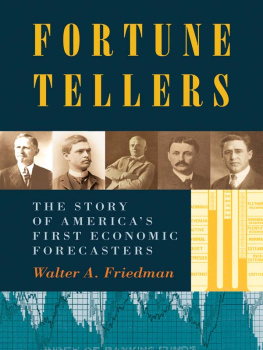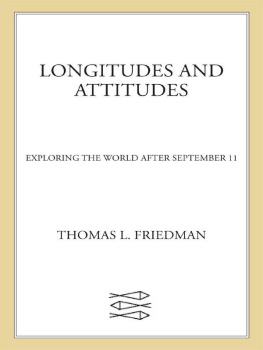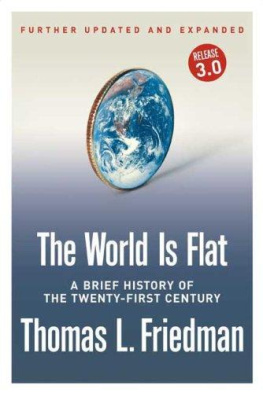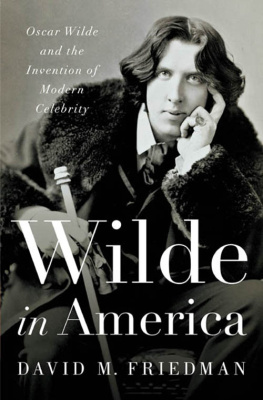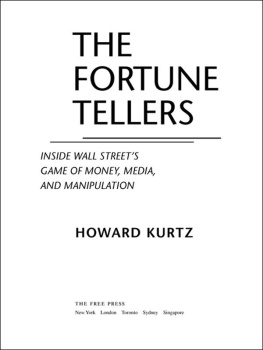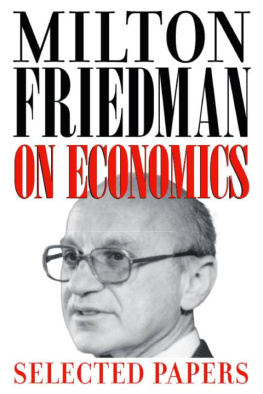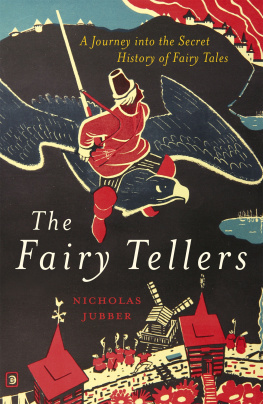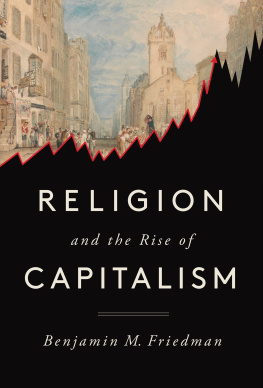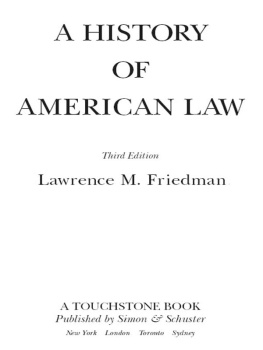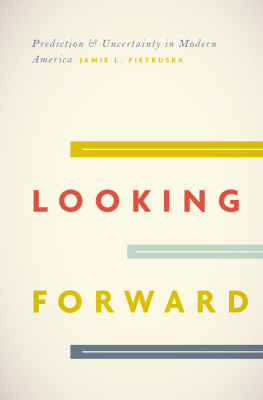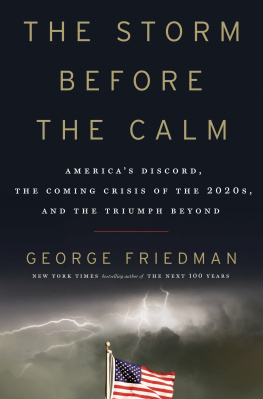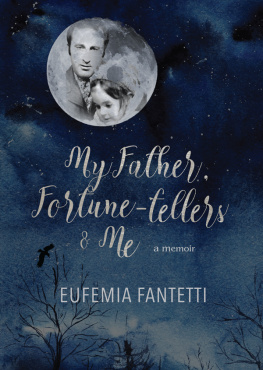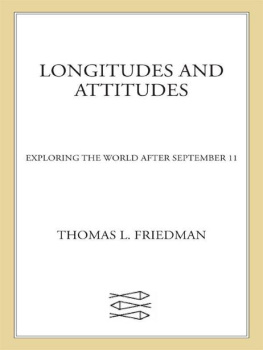Friedman - Fortune tellers: the story of Americas first economic forecasters
Here you can read online Friedman - Fortune tellers: the story of Americas first economic forecasters full text of the book (entire story) in english for free. Download pdf and epub, get meaning, cover and reviews about this ebook. City: United States, year: 2016;2013, publisher: Princeton University Press, genre: Politics. Description of the work, (preface) as well as reviews are available. Best literature library LitArk.com created for fans of good reading and offers a wide selection of genres:
Romance novel
Science fiction
Adventure
Detective
Science
History
Home and family
Prose
Art
Politics
Computer
Non-fiction
Religion
Business
Children
Humor
Choose a favorite category and find really read worthwhile books. Enjoy immersion in the world of imagination, feel the emotions of the characters or learn something new for yourself, make an fascinating discovery.
Fortune tellers: the story of Americas first economic forecasters: summary, description and annotation
We offer to read an annotation, description, summary or preface (depends on what the author of the book "Fortune tellers: the story of Americas first economic forecasters" wrote himself). If you haven't found the necessary information about the book — write in the comments, we will try to find it.
Friedman: author's other books
Who wrote Fortune tellers: the story of Americas first economic forecasters? Find out the surname, the name of the author of the book and a list of all author's works by series.
Fortune tellers: the story of Americas first economic forecasters — read online for free the complete book (whole text) full work
Below is the text of the book, divided by pages. System saving the place of the last page read, allows you to conveniently read the book "Fortune tellers: the story of Americas first economic forecasters" online for free, without having to search again every time where you left off. Put a bookmark, and you can go to the page where you finished reading at any time.
Font size:
Interval:
Bookmark:

FORTUNE TELLERS
FORTUNE TELLERS
THE STORY OF AMERICAS FIRST ECONOMIC FORECASTERS

Walter A. Friedman
PRINCETON UNIVERSITY PRESS
PRINCETON AND OXFORD
Copyright 2014 by Princeton University Press
Requests for permission to reproduce material from this work should be sent to Permissions, Princeton University Press
Published by Princeton University Press, 41 William Street,
Princeton, New Jersey 08540
In the United Kingdom: Princeton University Press, 6 Oxford Street,
Woodstock, Oxfordshire OX20 1TW
press.princeton.edu
Jacket art: (From left) Roger Babson, Irving Fisher, John Moody, Charles J. Bullock, and Warren Persons. James H. Brookmires Barometer (below, right) and Cycle Chart of Business and Banking (bottom). Courtesy of Babson College Archives, Yale University Manuscripts & Archives, American Magazine (September 1922), Harvard University Archives, Brookmire Economic Chart Co., 1913.
All Rights Reserved
Library of Congress Cataloging-in-Publication Data
Friedman, Walter A., 1962
Fortune tellers : the story of Americas first economic forecasters / Walter A. Friedman.
pages cm
Summary: The period leading up to the Great Depression witnessed the rise of the economic forecasters, pioneers who sought to use the tools of science to predict the future, with the aim of profiting from their forecasts. This book chronicles the lives and careers of the men who defined this first wave of economic fortune tellers, men such as Roger Babson, Irving Fisher, John Moody, C. J. Bullock, and Warren Persons. They competed to sell their distinctive methods of prediction to investors and businesses, and thrived in the boom years that followed World War I. Yet, almost to a man, they failed to predict the devastating crash of 1929. Walter Friedman paints vivid portraits of entrepreneurs who shared a belief that the rational world of numbers and reason could tameor at least foreseethe irrational gyrations of the market. Despite their failures, this first generation of economic forecasters helped to make the prediction of economic trends a central economic activity, and shed light on the mechanics of financial markets by providing a range of statistics and information about individual firms. They also raised questions that are still relevant today. What is science and what is merely guesswork in forecasting? What motivates people to buy forecasts? Does the act of forecasting set in motion unforeseen events that can counteract the forecast made? Masterful and compelling, Fortune Tellers highlights the risk and uncertainty that are inherent to capitalism itself Provided by publisher. Includes bibliographical references and index.
ISBN 978-0-691-15911-9 (hardback)
1. Economic forecastingUnited StatesHistory. 2. Business forecastingUnited StatesHistory. 3. EconomistsUnited StatesBiography. I. Title.
HC102.5.A2F76 2014
330.082'273dc23 2013031457
British Library Cataloging-in-Publication Data is available
This book has been composed in Garamond Premier Pro
Printed on acid-free paper.
Printed in the United States of America
1 3 5 7 9 10 8 6 4 2
For you, Susan Burgin
PREFACE

T his book is about early attempts to develop ways to predict the economic future and to sell those predictions to managers, brokers, and individual investors. The modern forecasting field, which emerged in the early twentieth century, had many points of origin in the previous century: in the credit rating agencies, in the financial press, and in the blossoming fields of scienceincluding meteorology, thermodynamics, and physics. The possibilities of scientific discovery and invention generated unbounded optimism among Victorian-era Americans. Scientific discoveries of all sorts, from the invention of the internal combustion engine to the insights of Darwin and Freud, seemed to promise a new and illuminating age just out of reach.
But forecasting also had deeper roots in the inherent wish of human beings to find certainty in life by knowing the future: What will I be when I grow up? Where will I live? What kind of work will I do? Will it be fulfilling? Will I marry? What will happen to my parents and other family members? To my country, to my job? To the economy in which I live? Forecasting addresses not just business issues but the deep-seated human wish to divine the future. It is the story of the near universal compulsion to avoid ambiguity and doubt and the refusal of the realities of life to satisfy that impulse.
Economic forecasting arose when it did because while the effort to introduce rationalityin the form of the scientific methodwas emerging, the insatiable human longing for predictability persisted in the industrializing economy. Indeed, the early twentieth century saw a curious enlistment of science in a range of efforts to temper the uncertainty of the future. Reform movements, including good, bad, and ugly ones (like labor laws, Prohibition, and eugenics), envisioned a future improved through the application of science. So, too, forecasting attracted a spectrum of visionaries. Here were seers, such as the popular prophet Roger Babson, Wall Street entrepreneurs, like John Moody, and genuine academic scientists, such as Irving Fisher of Yale and Charles Jesse Bullock and Warren Persons of Harvard.
Customers of the new forecasting services often took these statistics-based predictions on faith. They wanted forecasts, John Moody noted, not discourses on the methods that produced them. Readers did not seek out detailed information on the accuracy of economic predictions, as long as forecasters proved to be right at least a portion of the time. The desire for any information that would illuminate the future was overwhelming, and subscribers to forecasting newsletters were willing to suspend reasoned judgment to gain comfort. This blend of rationality and anxiety, measurement and intuition, optimism and fear is the broad frame of the story and, not incidentally, why forecasters who were repeatedly proved mistaken, as all ultimately must be given enough time, still commanded attention and fee-paying clients.
The importance of prediction in society is revealed by the many words used to describe it: to divine, augur, foretell, and prophesize are but a few. To prognosticate is to predict from signs or symptoms, including in medicine. Scrying, a fantastic but largely forgotten word, means trying to tell the future from gazing at a crystal ball or mirror.
To forecast is often differentiated from these, for it generally means to anticipate or predict a future condition or event through the analysis of data or through rational study.
Forecast began to be commonly used for economic prediction in the early twentieth century. Today, modern economies are saturated with the wordin discussions of the stock market, gross domestic product, interest rates, housing prices, and innumerable other subjects. Within the term itself is the combination of scientific aspiration and an indication of older traditions. Both parts of the word, fore and cast, carry significance. Fore- means simply in front or beforehand or in advance. But the second part of the word is more interesting. To cast, usually meaning to throw, is an important word, with a remarkable sixty-nine definitions in the Oxford English Dictionary
Next pageFont size:
Interval:
Bookmark:
Similar books «Fortune tellers: the story of Americas first economic forecasters»
Look at similar books to Fortune tellers: the story of Americas first economic forecasters. We have selected literature similar in name and meaning in the hope of providing readers with more options to find new, interesting, not yet read works.
Discussion, reviews of the book Fortune tellers: the story of Americas first economic forecasters and just readers' own opinions. Leave your comments, write what you think about the work, its meaning or the main characters. Specify what exactly you liked and what you didn't like, and why you think so.

